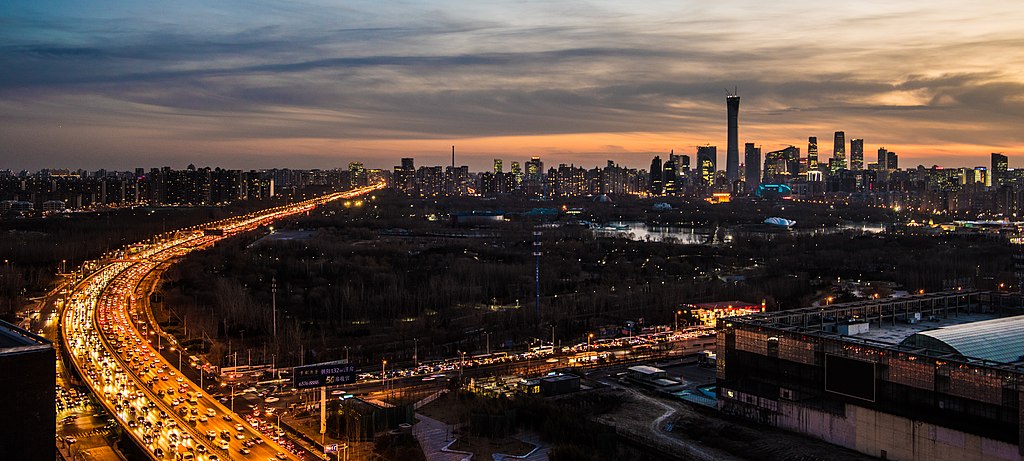Overall Score
Peking is Chinas capital, the second most populous city in China after Shanghai. It is the countrys largest transportation hub, with excellent road, rail and air service. But Chinas economic supremacy was divided between Hongkong and Shanghai. Beijing was among the top four oldest capitals in the world. And in 2008, Beijing hosted the Summer Olympics.
In the early 1800s, there were smaller cities such as Yingyi, the capital of a Chinese kingdom. Subsequently, Yin broke up into the Han and Ying dynasties. During the period of the Tang dynasty, the headquarters of the present Peking dynasty was located at the headquarters of the governor of Fangyang. In 936, the Liao dynasty took over the territory of present-day Peking. In 1125, the Jizyin dynasty annexed the state of Liao, which changed its capital from Nanjing to Chunjing. The capital city was located slightly to the west of the present day Beijing. In 1215, Chejuju was destroyed by the Mongolian forces under the leadership of Genghis Khan. In 1967, Han Huibailai, who subsequently founded the Yun dynasty, established the territory of Yunyudu and made it his capital. He called it Dada (Great Capital) in Chinese, and Õàíbalályûk (Great Province of Han) in Mongolian. At that time China was visited by the great traveler Marco Polo. In his writings, this city is called Cambuluc. Typically, all of Chinas capitals were located in the center of the country, but Dado or Khanbaluk was located in the north of the country, as Khubailai was closely tied to Mongolia. In 1421, the third emperor of the dynasty, Minnaeus Khanay, named the city Peking, which is translated as the Northern Capital.
When Chinas Hindu Revolution took place in 1911, they wanted to move the capital of China to Nanking. However, thanks to the Chinese scientist Henry Shikai, it was decided to keep the capital in Beijing. In 1928, however, the capital was moved to Nanking, and Peking was changed to Beyiping (Northern Relief). It remained that name until 1949, when the communists took over and changed the city back to Beijing.
In recent years, the expansion of the citys territory has caused many economic and environmental problems.
Here are some of the noteworthy features of Pechin
The temple was built during the reign of the Ching dynasty. It is still accessible to todays tourists. The temple includes a 26-meter-long wooden statue of the Buddha and 18 statues of Buddhist saints, the Aarhiks. On weekends, the forbidden city is a palace that served as a residence for the 24 emperors of China from the Yingying and Ming dynasties. There are about 1,000 objects on the territory of the Forbidden City. It was forbidden because ordinary people could not enter it.
Today, the Imperial Palace is an architectural and historical monument. The uniqueness of the Imperial Palace also lies in the fact that it was built directly on a meridian that runs from north to south, just south of the emperors throne.
Peking is home to the Temple of Heaven. It is a unique circular structure built in 1420, when the Minoan dynasty ruled. According to an ancient custom, the emperors visited the temple during the days of winter and stood there for three days and made gifts to the heavens. The grounds of the church are almost 300 hectares and enclosed by two walls. The interior of the church has an altar: a circular, three-stage, three-part path. In the center of the church was a prayer room where people prayed for a good harvest.
Overall Score
- Air quality: 101 US AQI Unhealthy for Sensitive Groups. Members of sensitive groups may experience health effects. The general public is less likely to be affected.
- Tap water: No, not drinkable
- Religious government: Non-religious
- Population: 22,000,000 people
- Population density: busy: 9x9m 81m per person
- GDP: $8,126 / year
- Power outlets: 230V50Hz



- Internet: 2 Mbps Internet in Beijing is fast averaging 16 Mbps but the Great Firewall slows down speeds to foreign websites by 8x to 2 Mbps.
- Best wireless: China Unicom
- Pay without cash: No, cash only esp. for foreigners because WeChat is very hard to set up
- Tipping: Tipping in China is generally uncommon and can even be considered rude or embarrassing in some circumstances. Seriously. Leaving money on a table in an authentic restaurant may confuse a staff member or cause them stress. … Even worse, gratuity is illegal in airports and some establishments.
- Apartment listings: Sublet
- Apartments: Airbnb
- Hotels: Booking.com
- More hotels: Hotels.com
- Best coffee 24/7: The Bridge Caf
- Best coffee: Trends Lounge
- Best taxi: Didi
- Best coworking space: AND lab
- Best hospital: Beijing United Family Hospital
- Best short-haul air carrier: Spring
- Best intl air carrier: Air China
- Monthly costs for expat: $1700
- Monthly costs for family: $3900
- Monthly costs for local: $1100
- Meal: $5.5
- Small Cola: $0.8
- Beer 1 Pint: $2.5
- Coffee: $5
View Larger Map

